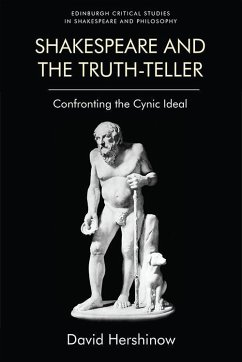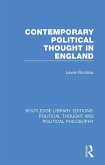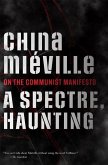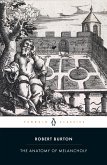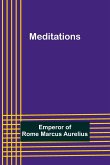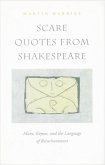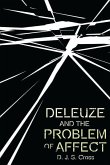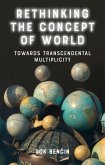Examines the early modern reception of classical Cynicism and the rise of literary realism Highlighting the necessity of literary thinking to political philosophy, this book explores Shakespeare's responses to sixteenth-century debates over the revolutionary potential of Cynic critical activity - debates that persist in later centuries and inform major developments in Western intellectual history. Analysing cynic characterisations of Lear's Fool, Hamlet and Timon of Athens, Hershinow presents new ways of thinking about modernity's engagement with classical models and literature's engagement with politics. David Hershinow is Director of the Writing Center at the City University of New York Graduate Centre.
Hinweis: Dieser Artikel kann nur an eine deutsche Lieferadresse ausgeliefert werden.
Hinweis: Dieser Artikel kann nur an eine deutsche Lieferadresse ausgeliefert werden.

